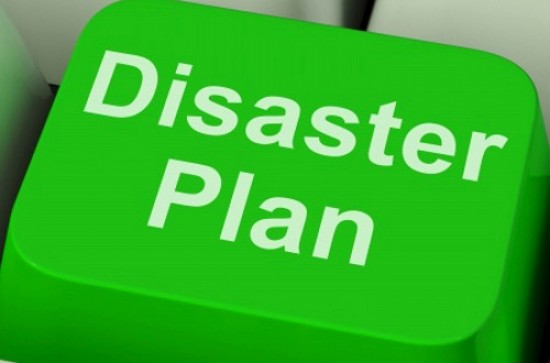It's hard to predict when a natural disaster will occur; but that doesn't mean you shouldn't be prepared for when it does.
The Federal Emergency Management Agency (FEMA) is an agency of the United States Department of Homeland Security which sustains that all citizens -- together as a nation -- can prepare, protect, respond and recover from any natural disaster or hazard. FEMA recommends that you use all your resources available to stay connected and safe during a natural disaster.
Your smartphone offers a world of knowledge and information, right at your fingertips. Keeping your phone at hand is second nature, so why not take the time to turn it into a life-saving device in times of emergencies?
Smartphones are capable of incredible things, and staying connected during a disaster is one of them. Many phones have access to certain apps to help guide you to a shelter, updates on weather, and tools such as a flashlight.
It's also just as important that you have an emergency kit located in your home just in case an emergency happens. Your kit should include a weather radio, food, water, extra batteries, flashlights, a contact list, and extra warm clothes or blankets.
What other tips are recommended to help prepare for a natural disaster?
- Program important phone numbers into your contacts. Make sure your contact list includes friends, loved ones and anyone else you may need to rely on or reach out to in the event of a disaster. Include doctors, pharmacies, day care and dog walker contacts to ensure you can take care of yourself and your family's needs.
- Plan to use text messaging. During and after a disaster, phone lines usually become overwhelmed. Texting can help you check on your friends and family, leaving the phone lines open for emergency use.
- Retain power, even when power is out. Consider investing in solar powered or hand-crank chargers, and/or external cell batteries to extend the life of your smartphone in case of a blackout. You can also conserve your cell phone's battery power by lowering the brightness and turning your phone to airplane mode.
- Use social media to stay informed. Connect with your state and local public health and emergency management agencies on Facebook and Twitter to stay up-to-date on safety information before, during and after a disaster. Using social media can also help you stay connected to loved ones if you are separated.
- Identify your important documents and electronically store them in a safe space. Scan important records such as household records, medical records and financial documents, and save the files on a flash drive. You may also want to password-protect the data you have stored in case of loss or theft. Store the backup records in a safe deposit box or other off-site location.
What else do you need to know about how to prep for a disaster?
External Affairs Specialist with FEMA, Carolyn Deming, shares why it's important to have a plan of action in case of a natural disaster, as well as ways to use your smartphones and social media to enhance readiness during a natural disaster.





 Carolyn Deming is an External Affairs Specialist with the Department of Homeland Security's Federal Emergency Management Agency (FEMA), where she specializes in digital communications and social media.
Carolyn Deming is an External Affairs Specialist with the Department of Homeland Security's Federal Emergency Management Agency (FEMA), where she specializes in digital communications and social media.